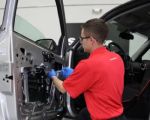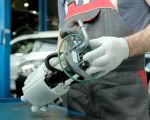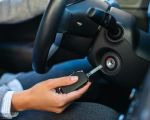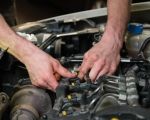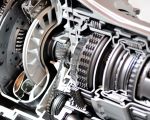Car Acceleration Problems: Why Your Car Feels Sluggish When Pressing the Gas
1. Common Causes of Power Loss When Accelerating
1.1 Fuel System Issues
One of the primary reasons a car may lose power when accelerating is a problem with the fuel system. If the engine isn’t receiving the correct amount of fuel, it won’t perform as expected.
- Clogged Fuel Filter: A dirty or clogged fuel filter restricts the flow of gasoline to the engine, leading to sluggish acceleration.
- Failing Fuel Pump: The fuel pump delivers gasoline to the engine under pressure. If it’s weak or failing, the engine may struggle to get enough fuel, causing hesitation.
- Bad Fuel Injectors: Dirty or malfunctioning fuel injectors can result in an uneven fuel-air mixture, making acceleration weak or jerky.
1.2 Airflow Issues
Engines require a precise mix of air and fuel. Any disruption in airflow can cause poor throttle response.
- Dirty Air Filter: A clogged air filter restricts airflow, making the engine work harder and reducing acceleration.
- Mass Airflow Sensor (MAF) Malfunction: The MAF sensor measures incoming air and helps adjust the fuel mixture. A faulty sensor can make the engine underperform.
- Throttle Body Issues: Carbon buildup on the throttle body can prevent proper air intake, leading to delayed acceleration.
2. Mechanical Issues That Affect Acceleration
2.1 Exhaust System Problems
A problem with the exhaust system can also cause power loss. If exhaust gases don’t exit efficiently, the engine struggles to breathe.
- Clogged Catalytic Converter: A failing catalytic converter can become clogged, causing backpressure that restricts engine power.
- Exhaust Leaks: Leaks in the exhaust system can lead to an incorrect air-fuel ratio, affecting acceleration.
2.2 Transmission Issues
Acceleration problems can stem from the transmission, especially if there is slipping or delayed gear engagement.
- Worn Transmission Fluid: Old or low transmission fluid can cause sluggish shifting and slow acceleration.
- Failing Torque Converter: If the torque converter isn’t functioning correctly, it won’t transfer power efficiently from the engine to the wheels.
3. Real-World Cases: Drivers Experiencing Acceleration Issues
3.1 Case Study: Fuel System Malfunction
John, a driver of a 2015 Honda Civic, noticed a sudden loss of acceleration on the highway. After checking multiple components, a mechanic found that his fuel pump was failing. Replacing the pump restored the car’s performance.
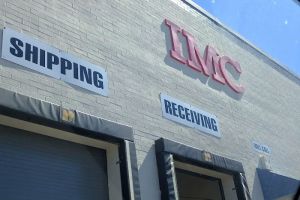
IMC powered by Parts Authority
139 Lafayette Dr, Syosset, NY 11791, USA
3.2 Case Study: Clogged Catalytic Converter
Sarah’s Toyota Camry felt sluggish whenever she pressed the gas. A diagnostic test revealed a partially blocked catalytic converter. Once replaced, her car regained its acceleration power.
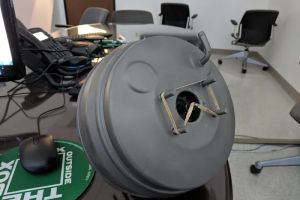
Power Brake Exchange
2870 Aiello Dr, San Jose, CA 95111, USA
4. How to Fix and Prevent Acceleration Problems
4.1 Routine Maintenance
Preventative maintenance is key to avoiding power loss. Regularly replace air filters, fuel filters, and spark plugs.
4.2 Diagnosing the Issue
If your car experiences acceleration problems, start by checking for error codes using an OBD-II scanner. Addressing minor issues early can prevent costly repairs.
4.3 Seeking Professional Help
For persistent acceleration problems, consulting a certified mechanic is recommended. They can perform a thorough diagnostic test and resolve the issue efficiently.














